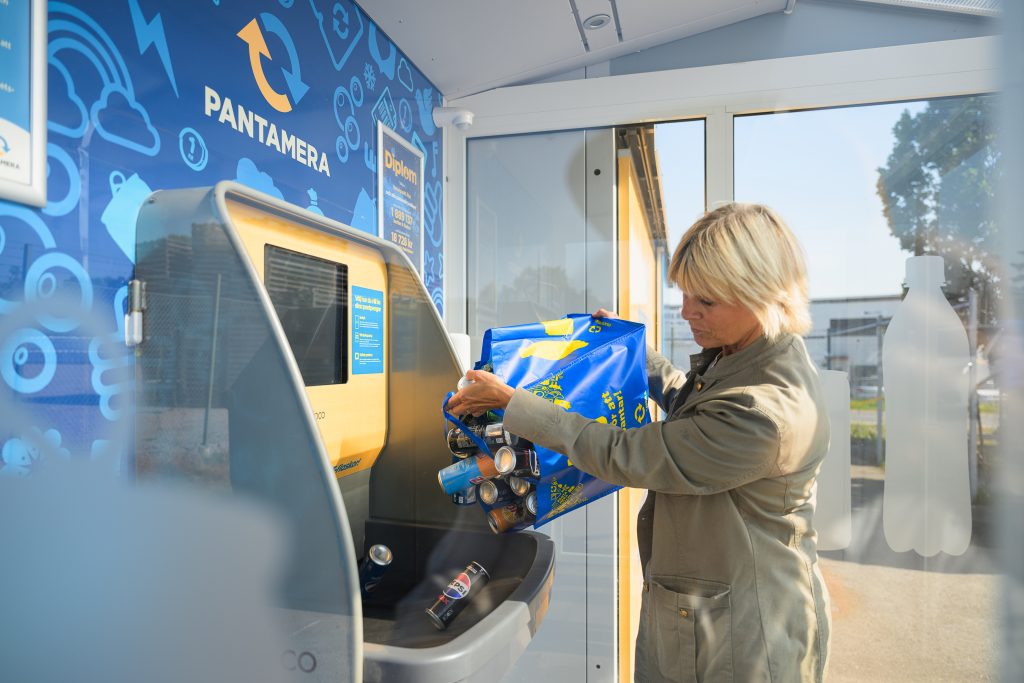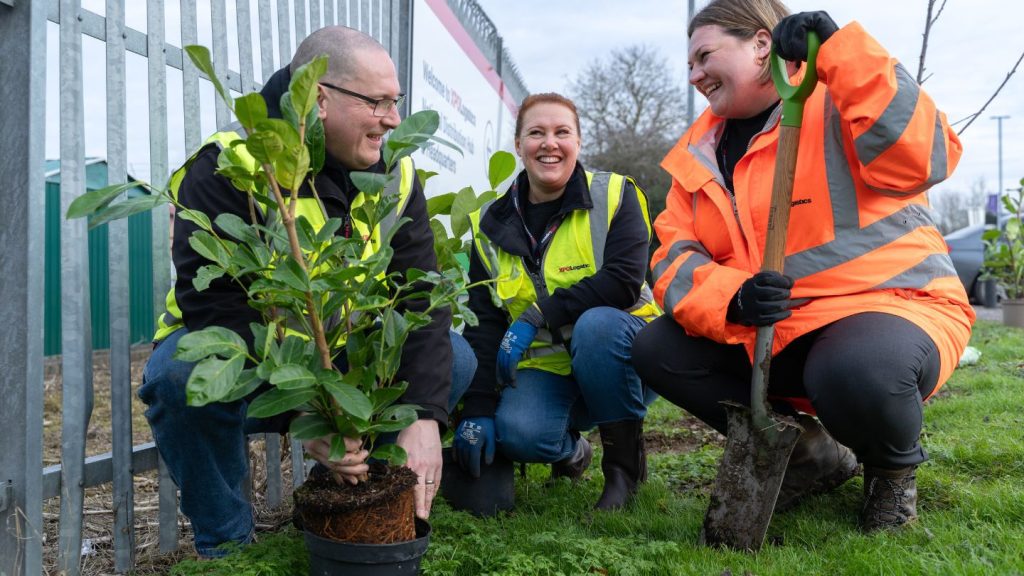With net-zero deadlines looming, the UK public sector faces a challenging paradox: ambitious targets paired with limited budgets. Despite these bold goals, many remain unaware of transformative tools like Independent Network Operators (IDNOs). At a recent Vattenfall Networks seminar, only one of 15 attendees had heard of IDNOs—despite their potential to accelerate green initiatives.
Councils and NHS trusts, tasked with leading the way in the Government’s Net Zero Strategy: Build Back Greener, are just beginning to recognize how IDNOs can offer cost-effective solutions for sustainable energy transitions. With government funding stretched thin, creative approaches like IDNO partnerships are becoming essential. Brent Council’s Francesca Campagnoli reflected on this knowledge gap: “This was all completely new to me.” As the stakes rise, introducing the public sector to the role of IDNOs is more urgent than ever.
The knowledge gap
This lack of familiarity with IDNOs isn’t just surprising—it’s a barrier. The Public Sector Decarbonisation Scheme (PSDS), which has allocated over £1 billion to assist public bodies in reducing emissions, has been crucial but still leaves funding gaps. Jacob Kupferberg, from Brent London Borough Council, highlighted these challenges: “The two main obstacles are governance and funding”. Limited resources and complex bureaucratic processes slow down decarbonisation efforts, while public scrutiny adds pressure to perform efficiently.
IDNOs like Vattenfall Networks are designed to bridge some of these gaps, offering a lifeline through both funding and project acceleration. Their Asset Adoption Value (AAV) payments, a concept new to most public sector organisations, can significantly reduce upfront infrastructure costs. By reducing initial project expenses, AAV payments ease budgetary pressures, helping councils and trusts improve the economics of their electrification projects.
Suzanna Lashford, Head of Business Development at Vattenfall Networks, explained the rationale: “The public sector is under pressure to deliver ambitious net-zero goals with limited budgets. IDNOs can be the key to unlocking these projects, giving councils and NHS trusts the financial support to move forward with electrification”. With increasing emphasis on decentralisation and local accountability, as noted in the government’s Ten Point Plan for a Green Industrial Revolution, partnerships with IDNOs align with these goals by offering flexible, localised solutions.
From theory to practice: beyond funding
IDNOs offer more than just funding. They bring a streamlined, end-to-end approach to grid connections, which many organisations discovered could fast-track their projects. Francesca observed, “If IDNOs have priority on highway permits, it means they can perform grid connections more efficiently”. For councils managing time-sensitive projects, this competitive edge is a game-changer, particularly in urban regeneration or infrastructure-heavy initiatives where delays are common.
Severine Turgis from Central London Community Healthcare NHS Trust emphasised how IDNOs simplify project delivery: ” Understanding that IDNOs offer support beyond the infrastructure itself was a big plus. Knowing that they would assist with applications, facilitate processes, and not just ‘do the work’ makes it easier for me to convince my directors of their value. It gives us confidence that IDNOs are capable of delivering as promised, which is essential when making decisions at the executive level.”
For many, learning about IDNOs was eye-opening. Joy Olokpa, Carbon Zero Program Manager at Hammersmith and Fulham Council, valued IDNOs’ comprehensive support, noting that they could “relieve some of the burden on us by managing every step”. The Public Accounts Committee recently pointed to the need for better infrastructure management within the public sector, emphasising that streamlined processes and external expertise could enhance project efficiency. IDNOs, with their holistic approach, seem well-suited to meet these recommendations.
A call to action for the public sector
If public sector organisations are serious about meeting net-zero goals, IDNOs need to be part of the conversation. This starts with educating key stakeholders—energy managers, sustainability directors, and facilities teams—on the advantages IDNOs offer. The UK public sector is at a critical crossroads, balancing ambitious net-zero targets with tight budgets and limited awareness of key solutions. IDNOs present a promising path forward, offering both financial and operational support that can help councils and NHS trusts navigate the challenges ahead. It’s time for the public sector to recognize the value of IDNOs, unlocking a partnership that could prove vital to achieving a sustainable future.










